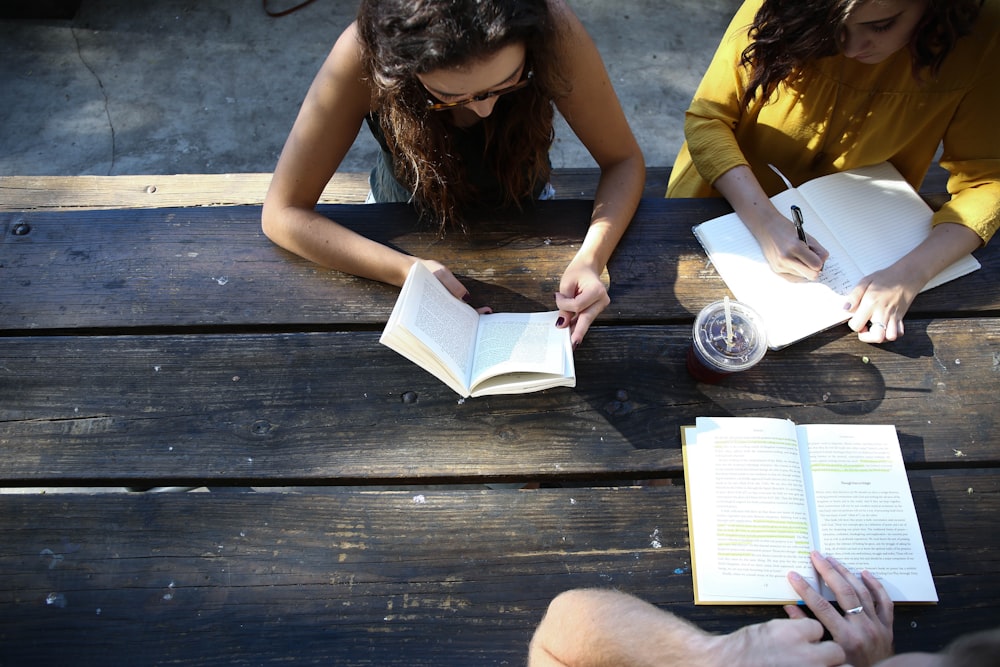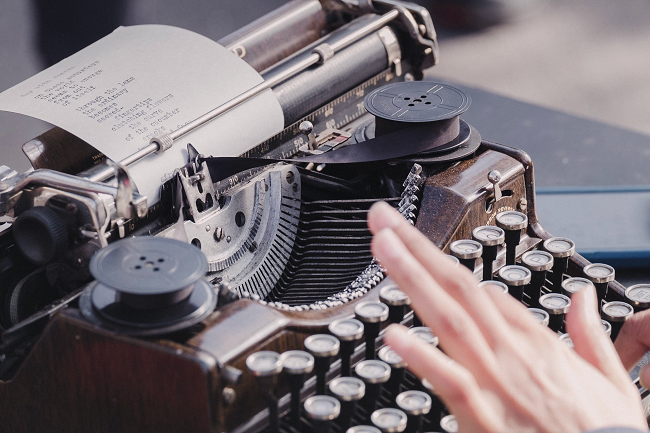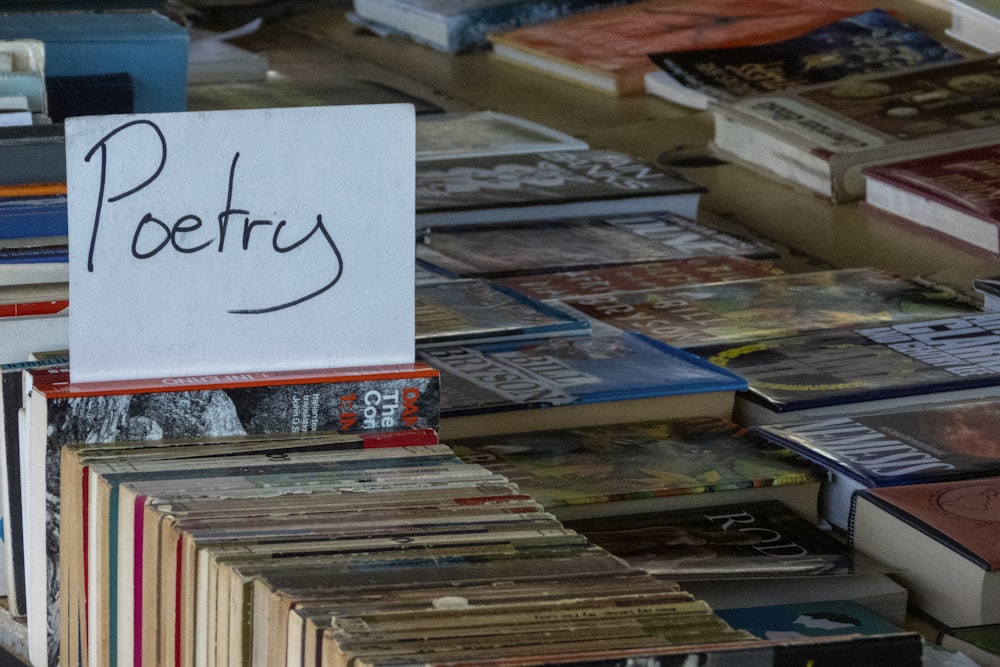How To Edit Poetry: A Guide On How To Become One Of The Best Poem Editors In The World.
Serious poets want to be better writers of poetry. Also, they want to learn how to edit poetry.
Many poets understand that editing is as important as the actual writing. It’s your opportunity to examine and refine your work into a better and more developed piece worthy of awards. It makes sense to learn how to edit poetry. Who knows where your reputation as a poetry editor might take you?
Editing can seem daunting, and it’s also quite exciting. So take some time to experiment and find the techniques and processes that best work for you and your poetry. Yes, you’ll have to learn to edit your poems first.
Here’s a guide on how to edit poetry. This guide includes poetry editing strategies guaranteed to help you become a great poetry editor. One strategy is to use poem editing tools like AI PoemGenerator to help you create and edit poems in a blink of an eye.

Take a Break From The Poem.
Writing poetry can be difficult and consuming. After completing your poem, take a break from the creative process. Let your brain relax. Reapproach your poem with a fresh mind. You want to be able to read the line with fresh eyes.
This technique works when you’re editing your own poem and when you’re editing another writer’s poetry.
You’ll do a better job of assessing and editing the poem more objectively if you implement this technique.

Save the First Draft Of The Poem.
One of the reasons editing can feel intimidating is because of the idea that you’re “killing your darlings.”
Keep your unedited first draft, so the poetry editing process doesn’t feel like you’re cutting and discarding your own precious lines of poetry.
If your poem is typed, it can be helpful to print it out. Your unedited draft will remain on your computer, and editing is often easier when you physically highlight and make notes on the poem.
This way, instead of killing your darlings, you’re still letting them hang around, and the unused ones can be used in other poems.
In addition, your edits will be reversible, and you can compare your unedited and edited versions for even more improvements. All the best poetry editors use this strategy. It’s a good tactic for anyone who’s still learning how to edit poetry.

Read your Poem Like a Reader Would.
Read your poem in its entirety. Don’t make edits or think about adjustments. Let yourself enjoy the words and experience your poem like a reader would. After a complete read, note down your immediate thoughts and impressions.
- Do any words or lines feel strange?
- Which parts could use reinforcement?
- Do some areas seem choppy or cramped?
Think about the reader’s perspective.
- Is the writing clear or confusing?
- Is the theme or message of your poem coming across?
It can also be helpful to read your poem aloud so you can pick up on how it sounds.
- How is the rhythm and flow? Is your writing eloquent enough?
Reading through your poem and breaking down what exactly needs to be fixed will result in more productive and efficient editing. Now you’re prepared to make your first level of edits.

Enhance the Style
After making the first round of adjustments, begin focusing on style edits. The style of a poem is all the choices that are made to create the poem’s meaning. Coleridge’s The Rime Of The Ancient Mariner is a good example of a well edited poem.
This can range from literary devices to punctuation to rhythm to mood. Examine your style elements and how they contribute to the poem; they should enhance your writing and complement the themes and meaning of your poem.
That being said, you should also make sure that your poem isn’t crowded with style elements. Poetry is a form that operates by the “less is more” policy, so sometimes it can be helpful to remove excess.
- Does your style complement your poem?
- What elements could be enhanced to contribute to a more developed piece?
- What elements could be taken out to clear unnecessary crowding and confusion?
Assess the Language Of The Poem.
Carefully study your word choice. Every word should be contributing to the theme, structure, and rhythm of your poem. Also examine your diction and what it is implying.
- Does the diction match your theme and style?
- Are there ways to maximize the effect?
- What is one way to revise for word choice?
- Is this poem good enough for oral reading?
This is a good time to take out your thesaurus and experiment with word choice. Also, poetry usually isn’t as word-heavy as other forms of writing. Keep that in mind while editing; it’s better to remove unnecessary adjectives and adverbs. Additionally, make sure you are beginning and ending with powerful lines for a stronger poem and greater impact.

Reorder and Restructure
Once you’ve done all your writing-based edits, give your poem another read. Assess the order and structure of your poem. Experiment with different stanza and line orders to find which sounds and flows the best. This will help you to learn how to edit poetry.
Poetry also involves an aesthetic element; try altering your lines to make your poem look better on the page. If your poem is typed up, a helpful tip is to change the font.
Your brain gets accustomed to observing the same text; changing the font will let you assess it with fresh eyes and assess the structure better. As a bonus, grammar and spelling errors are easier to detect with a font change.
- Can your stanzas be reordered to flow better and make a better poem?
- Could your lines be rearranged within the individual stanzas to emphasize meaning?
- Could your lines be shortened, lengthened, or combined to create a better structure?

Ask Others for Feedback
After you’ve made all your edits, it can be helpful to ask others for their suggestions. Share your poems with trusted friends, family, or other writers and ask them for feedback.
A good practice is to ask others what they think the poem is about. You may get some interesting poetry analyses that can indicate whether your poem is being understood the way you want it to or not.
Keep in mind that you get to decide what to do with the feedback you receive. If you found it insightful you could use it to do another level of edits. You could also choose not to act upon the feedback; it’s your poem, edit it as you see fit.
You can also seek feedback on the behalf of the writer whose poem you’re editing. The feedback you’ll get will help you do a better job of editing the poem. With time, you’ll figure out everything you need to learn about how to edit poetry.

Rewrite Your Poetry.
Every poet has heard this saying, ‘the first draft is always trash.’
While editing a poem, be prepared to revise some lines. Writing experts advice poets to edit until your poem says what you want it to say. Writing experts advice poets to edit until your poem says what you want it to say before getting it published.
Edit the poem until it sings. If you’re still learning how to edit poetry, don’t be in a haste to rewrite ‘imperfect’ sentences. Be careful to avoid editing out the writer’s voice. Strike a balance between maintaining the writer’s voice and improving the lines of the poem.
Read The Poem Out Loud.
After a few rounds of revision, read the poem aloud. This will help you to spot errors you might have missed.
Read the poem to a small audience, and listen to their opinion. Good poems are often good for oral reading.
Also, ask yourself if you’re satisfied with the edited poem. If you aren’t, revise the part that require some improvement.
Congratulations on completing your poem, if you feel satisfied with the completed poem!
If you aren’t happy with the finished work, no worries! You can always return to the editing process and write as many drafts as you need.
Use A Grammar And Spell Checker Like Every Good Poem Editor.
Every poet who’s still figuring out how to write a poem must use a grammar checker or a spell checker. This will go a long way to help you to correct small grammatical and spelling errors.
Wrap Up On How To Edit Poetry.
Poetry editing isn’t a small feat. It requires a lot of writing and reading, as well as a ot of practicing. You have to learn to take a break from the poem with the aim of backing back to the poem with fresh eyes. Other strategies include:
- rewriting the poem
- Getting feedback from seasoned poetry critics or writers
- Restructure your poem
- Read the poem aloud to yourself and them to a small group of cohorts.
- Using a grammar checker
- Take a break from the poem.
- Using a thesaurus or a dictionary.
It’s standard practice for every editor to use a dictionary or a thesaurus. This ensures that only the apt and concise words make it into the final draft.
While figuring out how to edit a poem, strive to choose the best words in the poem you’re editing. Many editor poets often wonder, “what is one way to revise for word choice?” My answer: revise awkward-sounding lines and use a thesaurus or a dictionary.
Did you ever have to actively learn how to revise a poem? What lessons have you learned from your experience? Please share your story in the comments section below. There are thousands of poets who want to learn how to edit a poem.
You can find more poetry writing tips in this article.







Pingback: Should You Hire a Professional Editor for Your Manuscript? - Creative Writing News
Pingback: Call for Submissions: 9th Chinua Achebe Essay/Poetry Anthology by Society of Young Nigerian Writers - Creative Writing News